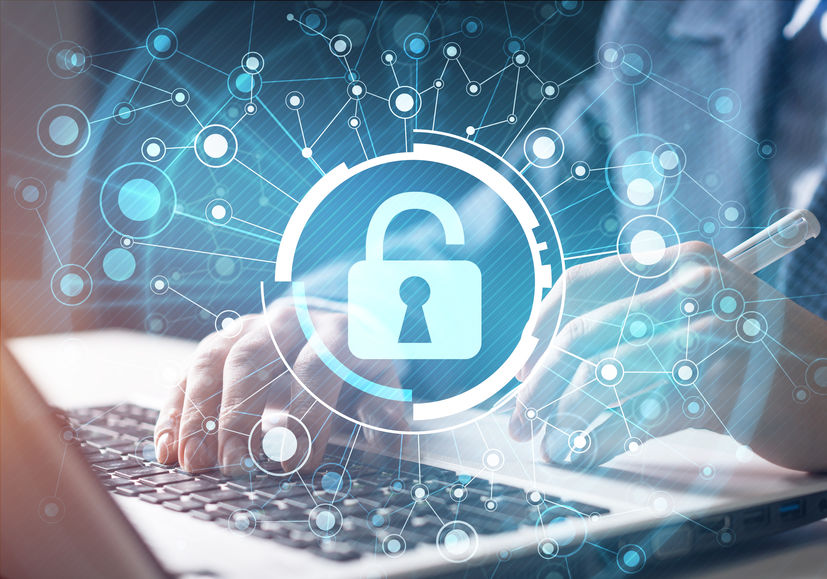Cyber security is not the job of tech-savvy people only. Anyone who uses the Internet should focus on their cyber security. Unfortunately, people who consider themselves non-tech savvy don’t pay much heed to cybersecurity, but it is equally important for everyone. To help you out in this regard, we have discussed a few cybersecurity tips for non-tech-savvy people that are both simple and easy to follow.
Keep Your Device’s Software Updated
Most people think that updating software is not necessary unless it comes with some extraordinary new features, but the reality is that you should always keep your devices’ software updated to the latest version. Older versions of software have various bugs and security vulnerabilities that are exploited by cybercriminals. To avoid any such hacking attempt, you should regularly check for software updates on all of your devices and install the updates as soon as you receive them.
Most devices automatically check for software updates but if your device doesn’t have that feature, you should do it manually, at least once every month to ensure that your device is on the latest software version. This can be useful not only on the home network but also when you are using any public WiFi network or using an in-flight WiFi network such as British Airways WiFi while traveling.
Use Strong Passwords
This is a quite common tip that you might have read elsewhere too but a strong password is the cornerstone of digital security. Most of the security breaches occur because of weak or reused passwords. Therefore, whenever you are setting a password, be it for your social media account or your bank account, don’t use common words or phrases that can be guessed easily.
Instead, use a combination of words, numbers, and symbols that cannot be guessed by anyone. Also, don’t use the same password for multiple accounts, so that even if one password gets compromised, your other accounts stay safe. You can also consider using a password manager that can not only suggest strong passwords but also keep them safe and secure.
Use a VPN
A VPN is an easy and simple way to protect yourself while using the internet. Whether you are on the home network, a public network, or an in-flight WiFi network like United WiFi, a VPN can keep you protected by establishing a secure and encrypted connection between your device and the Internet. This can prevent anyone from intercepting your data on the network, even your ISP.
A VPN also masks your IP address, making it difficult for anyone to track your device. This feature in addition to data encryption provides an additional layer of security that prevents anyone from accessing your data and fortifies your online identity against potential security threats.
Be Cautious When Dealing with Unknown Texts and Emails
The most common way by which cybercriminals target average internet users is through texts and emails. Therefore, you should be smart and cautious when dealing with texts, emails, and links from unknown sources. Avoid clicking on links or downloading attachments from unknown sources. Always verify the legitimacy of an email or message before responding to it by checking the email of the sender. Don’t send personal or sensitive information through email with people that you don’t know and use email spam filters to keep your inbox protected.
These are little things but they can help preserve your privacy and security on the internet.




